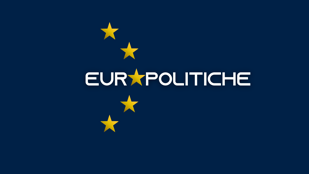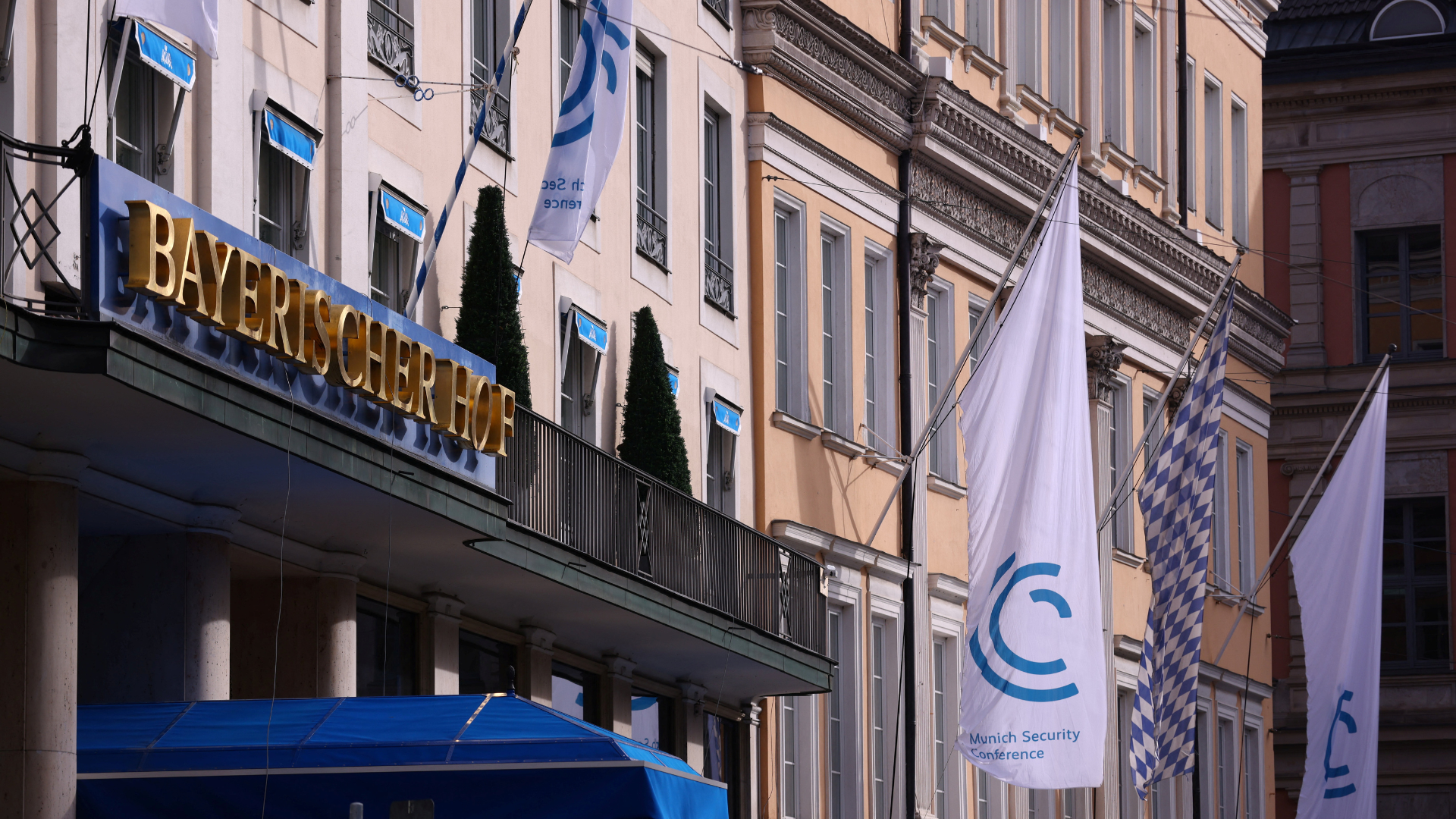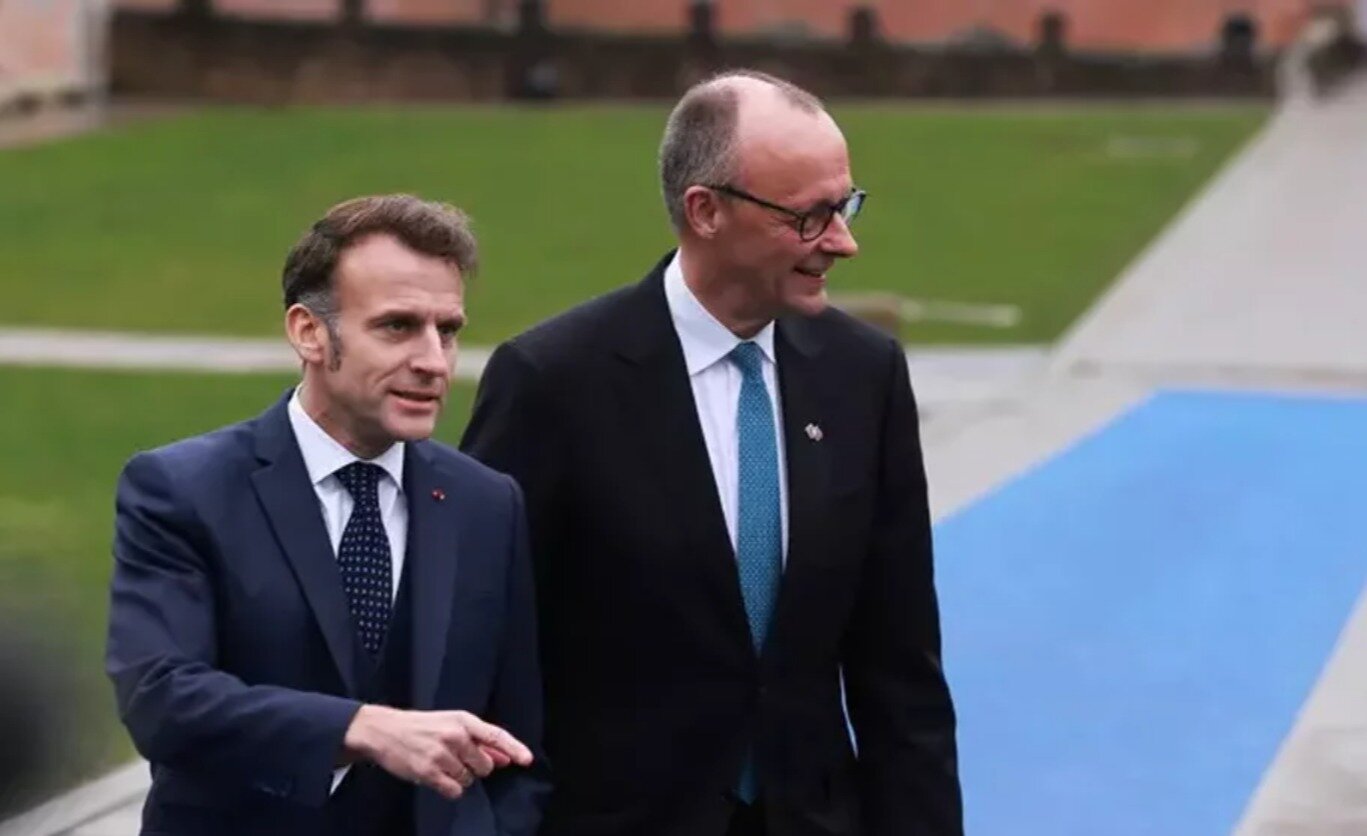EU/EN - After weeks of intense negotiations, the Christian Democrats and the Social Democrats reached an agreement on the afternoon of April 9 to give the country a government. “Reform and invest” is the motto of the new “grand coalition” in Berlin, led by the head of the CDU, Friedrich Merz.
“We have a strong plan in front of us with which we can make our country progress again,” said Merz, now the certain successor to Olaf Scholz. Merz used resounding words such as “Germany is back on track”, a sign that Berlin wants to return and have the impact and influence it deserves in the European Union
The priority of the new government will be the recovery of the German economy, worn out by over two years of recession and the threat of tariffs. Measures will be launched to support the electric car industry, bring energy prices under control, cut corporate taxes and reduce taxes for low and middle incomes. There will also be severe restrictions on irregular immigration, and the announced increase in defense spending, for which the historic reform that mitigated the constitutional debt limits was crucial.
There are nine ministers in pectore Christian Democrats.
Six to the CDU (including Foreign Affairs, which will probably go to Johann Wadephul, and Economy), and three to the Bavarian CSU of Söder, who will take home the Interior (perhaps for Alexander Dobrindt).
The Social Democrats, whose base will have to approve the agreement, will be assigned seven ministries. Finance, to Klingbeil, Defense, again to Pistorius, as well as the ministries of Labor, Environment and Justice.
The new executive is expected to formally take office in May.
GER - Nach wochenlangen intensiven Verhandlungen einigten sich Christdemokraten und Sozialdemokraten am Nachmittag des 9. April darauf, dem Land eine Regierung zu stellen. „Reformieren und investieren“ lautet das Motto der neuen „Großen Koalition“ in Berlin unter Führung von CDU-Chef Friedrich Merz.
ITA - Dopo settimane di intensi negoziati, i cristiano-democratici e i socialdemocratici hanno trovato, nel pomeriggio del 9 aprile, l'accordo per dare alla Germania un governo. “Riformare e investire“ è il motto della nuova “grande coalizione” a Berlino, guidata dal capo della Cdu, Friedrich Merz.
“Abbiamo davanti a noi un piano forte con il quale possiamo far progredire di nuovo il nostro Paese“, ha dichiarato Merz, ormai successore certo di Olaf Scholz. Il leader della CDU ha usato parole roboanti come “la Germania è di nuovo in carreggiata”, segno che Berlino vuole tornare ad avere l'impatto e l'influenza che gli compete nell'Unione europea.
La piorità del nuovo governo sarà il risanamento dell’economia tedesca, sfiancata da oltre due anni di recessione e con la minaccia dei dazi. Saranno varate misure per sostenere l'industria dell’auto elettrica, portare sotto controllo i prezzi energetici, tagliare le imposte sulle società e ridurre le tasse per i redditi bassi e medi. Ha fatto molto clamore l'annunciato aumento della spesa per la difesa, anticipato da settimane, e previsto nel programma grazie alla storica riforma che ha mitigato i limiti costituzionali al debito pubblico, approvato dalla precedente maggioranza di governo d'intesa con lo stesso Merz. Non mancheranno altre restrizioni severe all’immigrazione irregolare.
Sono nove i ministri in pectore cristiano-democratici. Sei alla Cdu (inclusi gli Esteri, che andranno probabilmente a Johann Wadephul, e l’Economia), e tre alla Csu bavarese di Söder, che si porterà a casa gli Interni (forse per Alexander Dobrindt).
Ai socialdemocratici, la cui base dovrà approvare l'accordo il 28 aprile, saranno assegnati ben sette ministeri. Niente di ufficiale sui nomi ma alle Finanze è molto accreditato Klingbeil e alla Difesa potrebbe essere confermato Pistorius. Sempre alla Spd vanno i ministeri del Lavoro, dell’Ambiente e della Giustizia.
Il nuovo esecutivo dovrebbe entrare formalmente in carica dalla prima o seconda settimana del mese di maggio.
Antonio De Chiara @europolitiche.it








